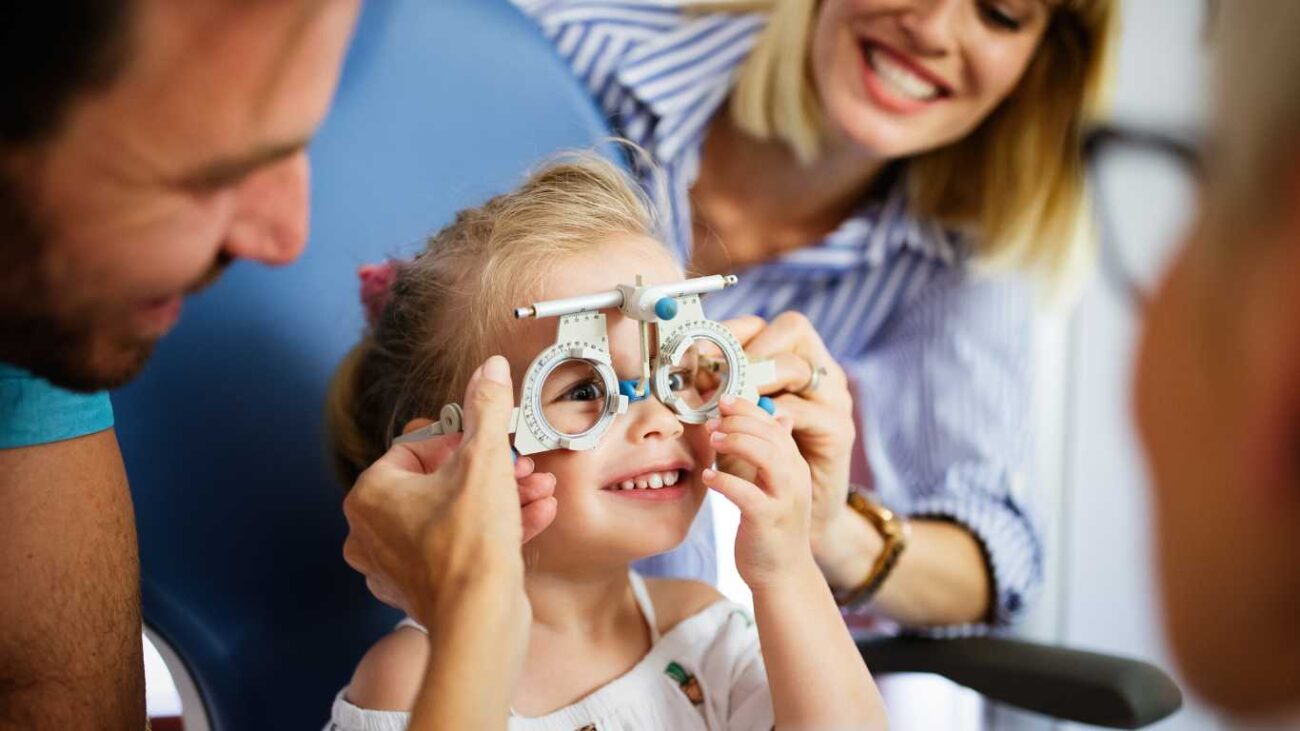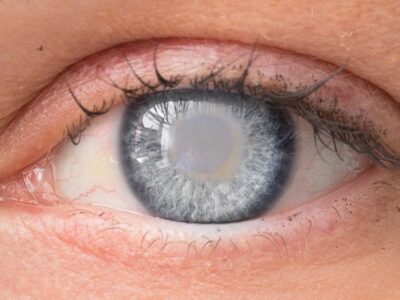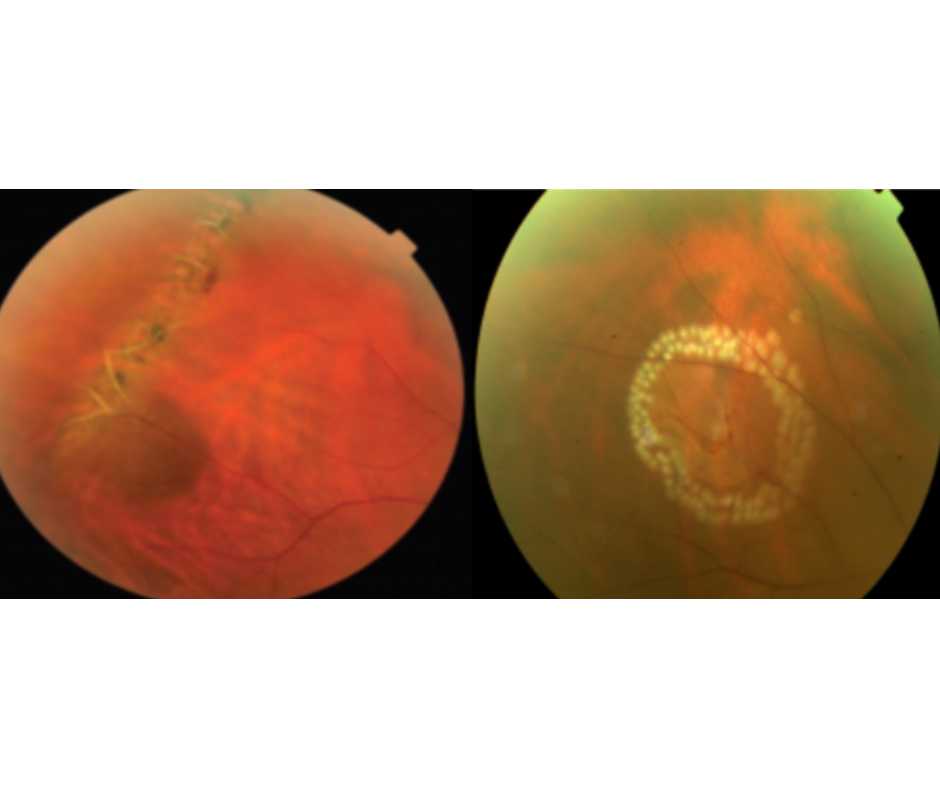Retinal Macular Degeneration refers to the progressive deterioration of the retina, the light-sensitive tissue lining the back of the eye. Additionally, this deterioration can occur due to various factors, including age, genetic mutations, chronic diseases, and environmental influences.. As the retina degenerates, it affects the eye’s ability to capture and process visual images, leading to vision problems.

Causes of Retinal Macular Degeneration:
- Age-related Macular Degeneration (AMD): AMD is the leading cause of vision loss in older adults. It primarily affects the macula, the central part of the retina responsible for sharp, central vision.
- Inherited Retinal Disorders: Genetic mutations can cause inherited retinal disorders such as retinitis pigmentosa, Leber congenital amaurosis, and Stargardt disease.
- Diabetic Retinopathy: Individuals with diabetes are at risk of developing diabetic retinopathy, a condition where high blood sugar levels damage the blood vessels in the retina.
- Retinal Detachment: Retinal detachment occurs when the retina pulls away from its normal position, disrupting blood flow and causing vision loss
Symptoms of Retinal Degeneration:
- Blurred or distorted vision
- Difficulty seeing in low light conditions
- Loss of peripheral vision
- Sensitivity to light
- Seeing floaters or flashes of light
Treatment :
- Medications: In some cases, medications such as anti-VEGF drugs may be injected into the eye to slow the progression of retinal degeneration, particularly in AMD and diabetic retinopathy.
- Laser Therapy: Laser therapy can be used to seal leaking blood vessels in the retina or to destroy abnormal blood vessels, as in the case of diabetic retinopathy.
- Surgical Interventions: Surgical procedures like vitrectomy or retinal detachment repair may be necessary to treat advanced cases of retinal degeneration.
- Gene Therapy: For inherited retinal disorders, gene therapy aims to replace or repair faulty genes responsible for the condition, offering potential long-term benefits.
Author Details:
Dr. Sushruth Appajigowda holds a prominent position as a Cornea, Cataract, Glaucoma, and LASIK Surgeon in Bangalore. He serves as the chief Cataract and Refractive surgeon at Vijaya Nethralaya Eye Hospital, Nagarbhavi Bangalore. Renowned as one of the finest LASIK surgeons nationwide, he brings with him over 12+ years of experience across multiple LASIK platforms, including ZEISS, ALCON, SCHWIND, AMO, and Bausch and Lomb. Having successfully conducted over 5000 LASIK procedures, Dr. Sushruth holds the title of a Certified Refractive Surgeon and a Fellow of the All India Collegium Of Ophthalmology. Furthermore, he stands as a distinguished speaker at various National and International Forums, using his expertise to guide you in selecting the most suitable procedure based on your health requirements.

http://vijayanethralaya.com/link-in-bio/
Conclusion:
Retinal degeneration is a serious eye condition that can significantly impact a person’s quality of life if left untreated. Early detection and timely intervention are crucial in managing retinal degenerative disorders and preserving vision.











